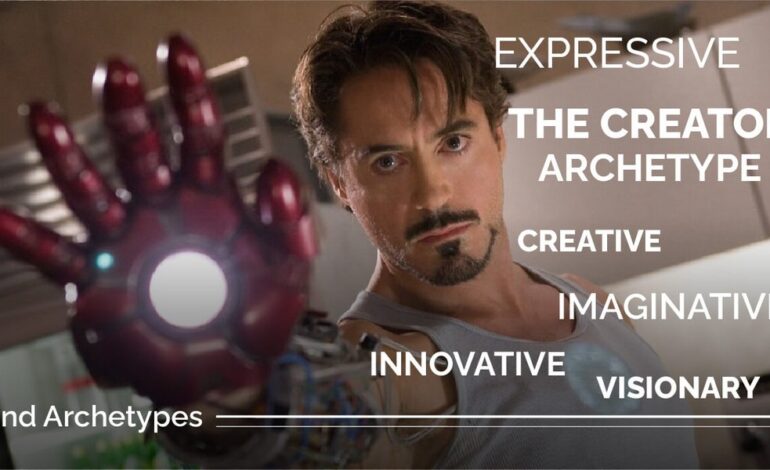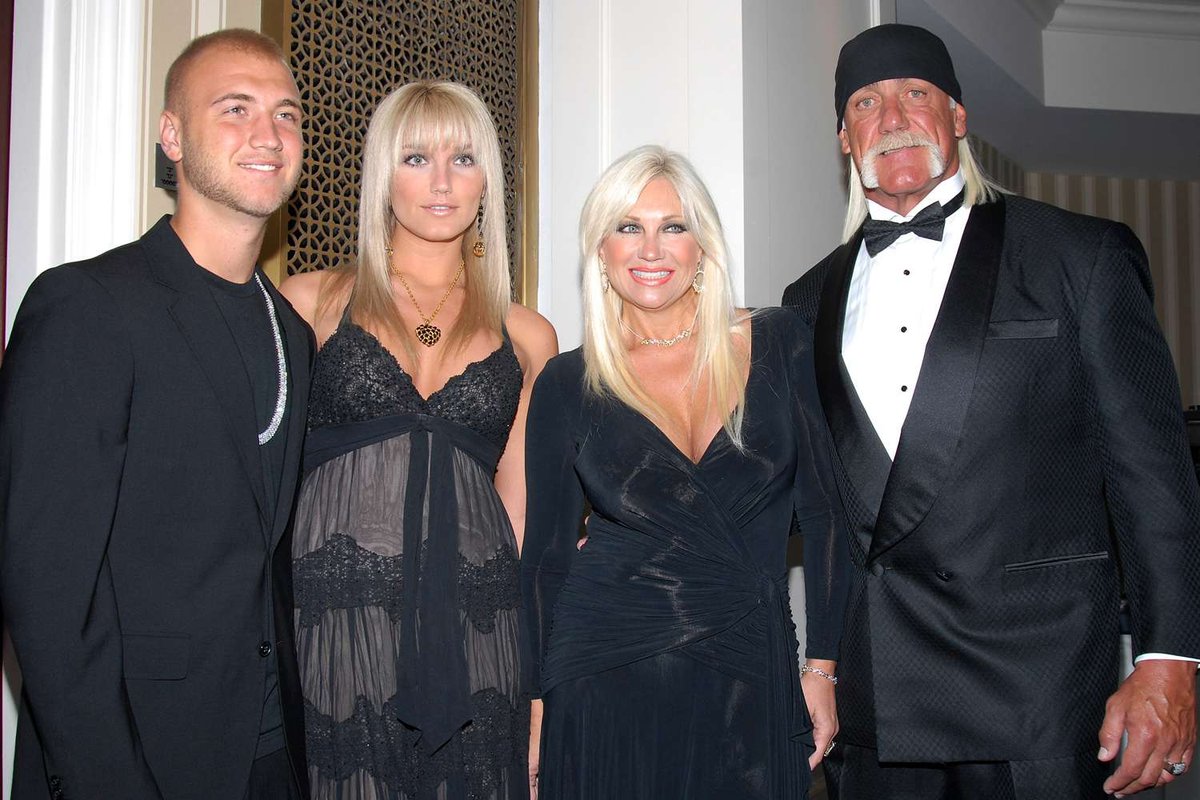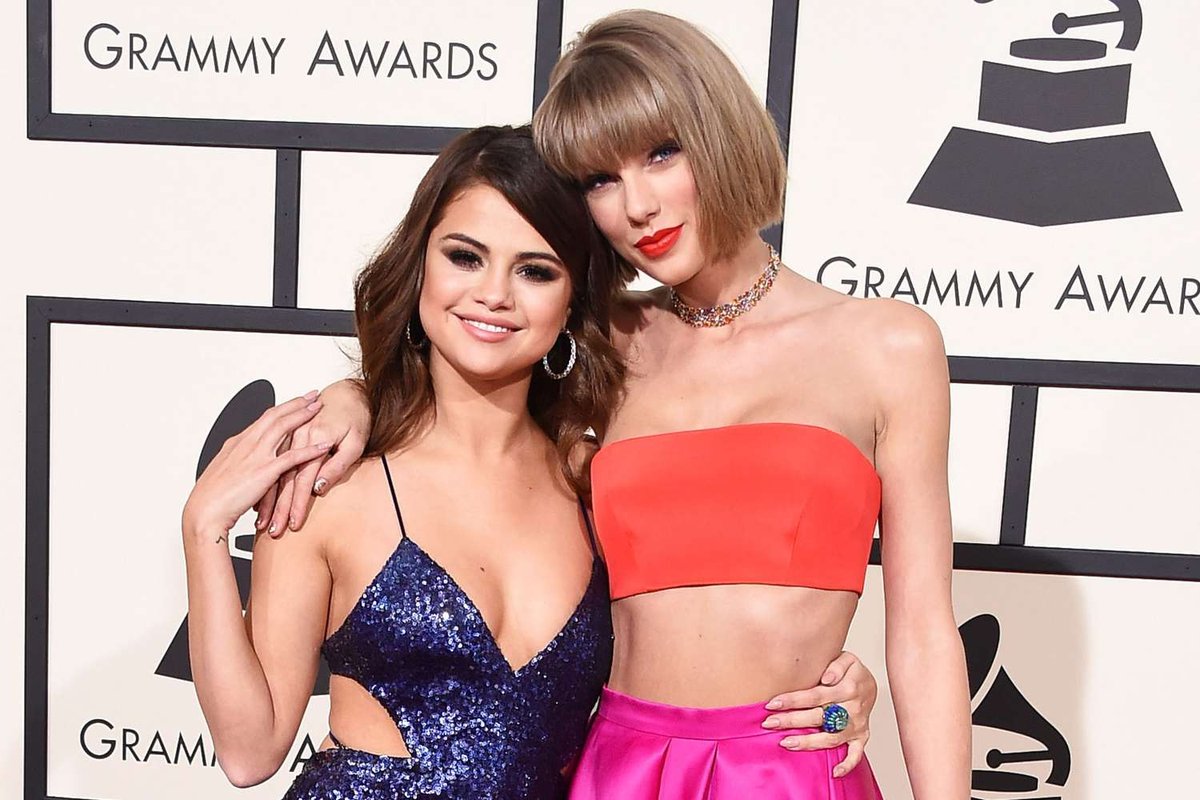Decoding Your Marvel Persona: Inner Hero vs. Outer Icon

Objective reporting, insightful analysis—here’s a data-driven look at how fans’ inner identities contrast with their outward Marvel façades. A recent BuzzFeed quiz, “Which Marvel Character Are You Internally, And Which Are You Externally?”, has drawn more than 250,000 responses since its launch, revealing striking patterns in self-perception and social presentation. Our examination cross-references audience demographics with broader fandom data to unpack the psychology behind these iconic matchups.
Survey figures indicate that 42% of participants identify internally with steely-hearted Steve Rogers, embodying his moral compass and leadership drive (Statista, 2024). Yet externally, 35% project a charismatic Tony Stark persona, leveraging his wit and confidence in social scenarios. This internal-external disconnect suggests many fans value Captain America’s principles privately, while opting for Iron Man’s boldness in public settings.
Age cohorts show distinct splits. Among Gen Z respondents (ages 18–24), 48% cited Black Panther’s introspective empathy internally, whereas 29% presented as Spider-Man outwardly—leaning into his playful, approachable energy on social media. Millennials (ages 25–40) skewed differently: 37% tapped into the Hulk’s reserved intensity inside, yet 41% channeled Thor’s extroverted bravado when interacting with friends. These generational trends mirror broader social media habits, where curated images often highlight aspirational traits rather than authentic self-views.
Gender analysis further enriches the picture. Female quiz-takers reported a 33% internal alignment with Wanda Maximoff’s emotional resilience, contrasted by a 28% external match to Captain Marvel’s assertive leadership. Male respondents favored an 39% internal bond with Hawkeye’s steadfast loyalty yet chose Doctor Strange’s enigmatic flair (32%) for external portrayal. The data underscores how gender roles and cultural messaging shape both private introspection and public self-branding.
Beyond demographics, psychological literature supports these findings. A 2023 study in the Journal of Media Psychology notes that fictional characters often serve as “self-guides,” bridging aspirational attributes with real-world identity work. When quiz-takers select mismatched heroes, they’re effectively curating an identity portfolio—balancing virtues they aspire to cultivate internally alongside personas that resonate with social expectations.
Key takeaways emerge: first, the gap between inner values and outward presentation reflects a universal negotiating process of self-identity. Second, Marvel’s diverse roster offers fans a versatile toolkit for identity exploration. Finally, interactive quizzes do more than entertain—they provide a lens into contemporary self-concept trends.
That wraps up today’s analysis—keep tracking how your hero archetypes shift as new Marvel stories and social dynamics evolve.
Sources: Celebrity Storm and Statista, Journal of Media Psychology, People Magazine, Variety
Attribution: Creative Commons Licensed




